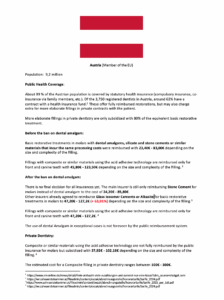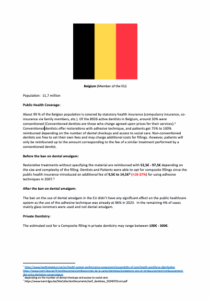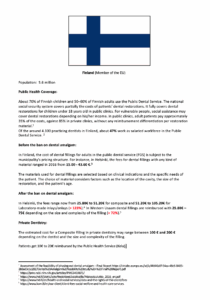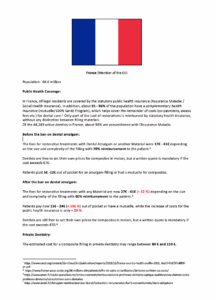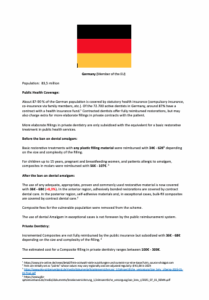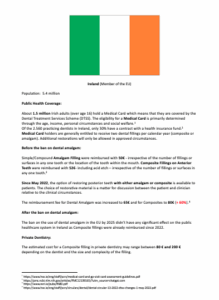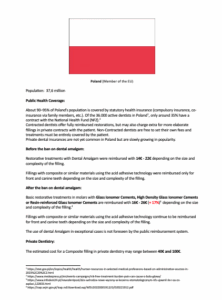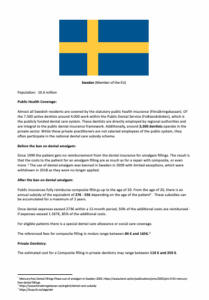On the occasion of Earth Day on 22 April 2023, the three winners of the UN Minamata Convention’s Make Mercury History 2022 photo contest have been revealed, recognizing their compelling images about mercury pollution, the environment, and the people working towards eliminating mercury.
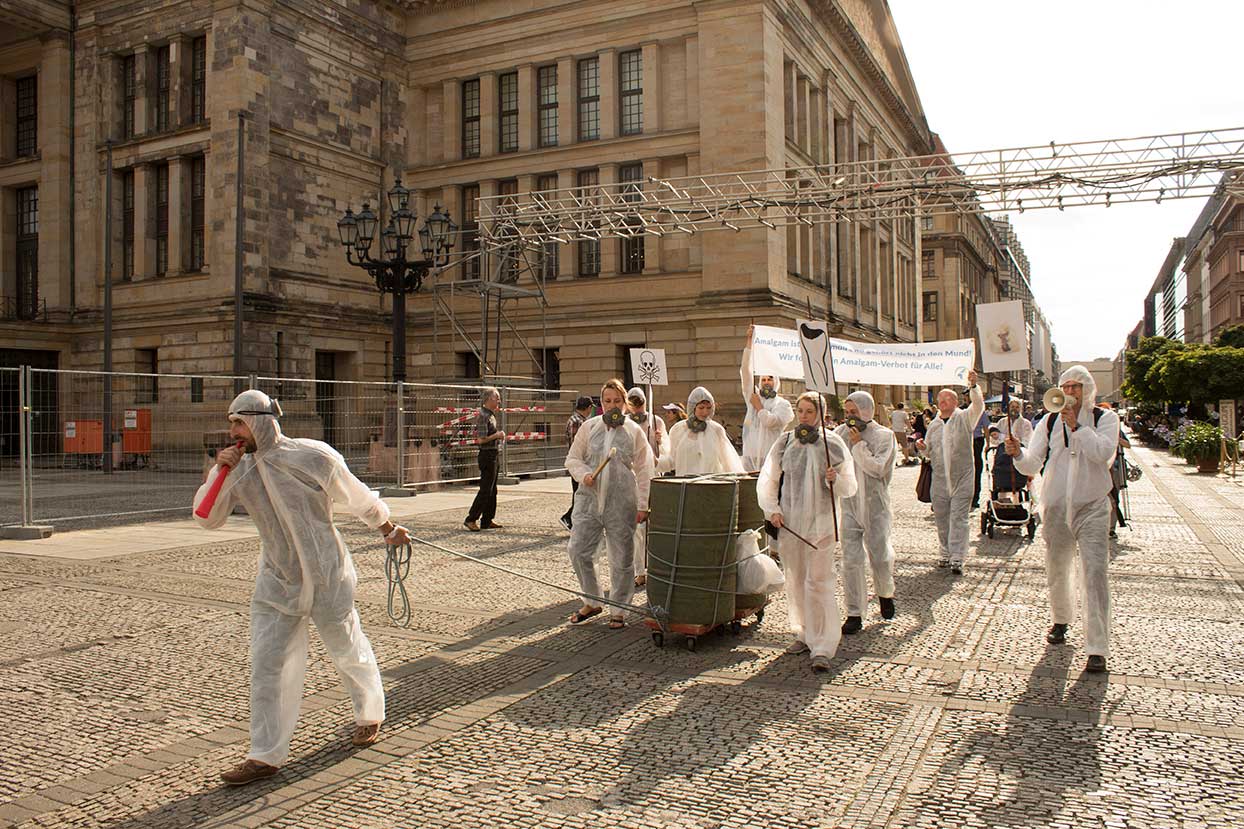
Florian Schulze’s “Make Dental Amalgam History” (Berlin, Germany) won the category about “the people working to phase out mercury”. The photo depicts activists from IG Umwelt-Zahnmedizin demonstrating in Berlin in 2018, due to the entry into force of the ban on dental amalgam use for children up to 15 years, pregnant and breastfeeding women in the European Union. Chanting “Dental amalgam is hazardous waste and has no place in the mouth!”, protesters called for leading by example and directly introducing a general phase out.

Elisabetta Zavoli from Italy won the “mercury pollution” category with her 2014 photograph titled “Not only miners” (Taliwang, West Sumbawa, Indonesia). The photo portrays the wife of Hariyanto, a young artisanal gold miner, holding a bottle full of metallic liquid mercury that was kept beside their bed in their small hut where they lived with their 20-month-old daughter. According to Zavoli, Hariyanto’s family had migrated from Lombok to West Sumbawa to earn a better living through artisanal gold mining.

Polish photographer Janusz Jurek won the “environment” category with his 2021 picture titled “Rest” (Heraklion, Crete, Greece). The photo shows a couple of sunbathers next to chimneys in the seashore of the outskirts of Heraklion. Jurek commented on the symbolic significance of the picture, with the industry taking the beach away from people who have only a small strip left, expanding its infrastructure and polluting nature and humans.
The panel of judges for the contest comprised of Kenneth Davis (UNEP, Chemicals and Health Branch), Miranda Grant (UNEP, Communication Division), Claudia ten Have (Minamata Convention on Mercury), Christian Hofer (Global Environment Facility), and Nichole Sobecki (award-winning photographer).
Among other prizes, winners and finalists have their photos featured in a virtual exhibition on the Minamata Convention website, which was launched for World Environment Day (June 5).
On the same day, the three winners were invited to participate in a special event on photography and mercury, as part of the Minamata Online series (full video below).
Moreover, a physical photo exhibition showcasing the winner and finalist pictures will take place at the fifth meeting of the Conference of the Parties to the Minamata Convention on Mercury (COP-5) from 30 October to 3 November 2023 in Geneva, Switzerland.


